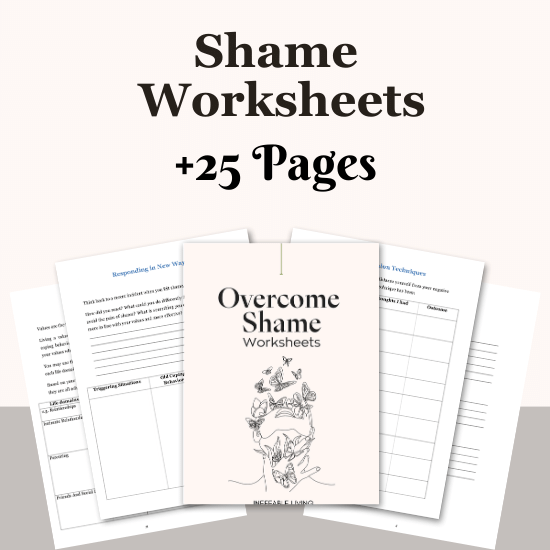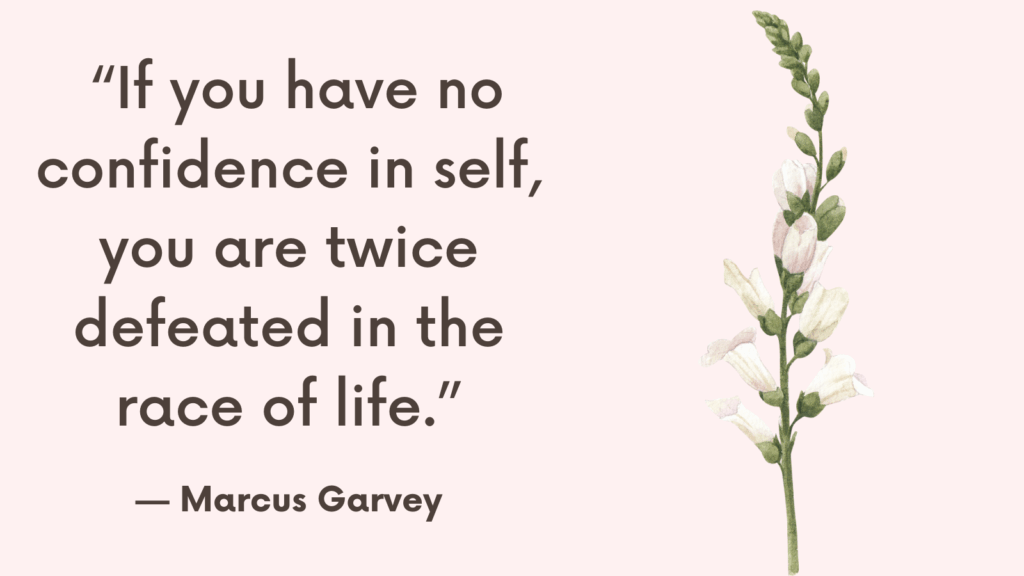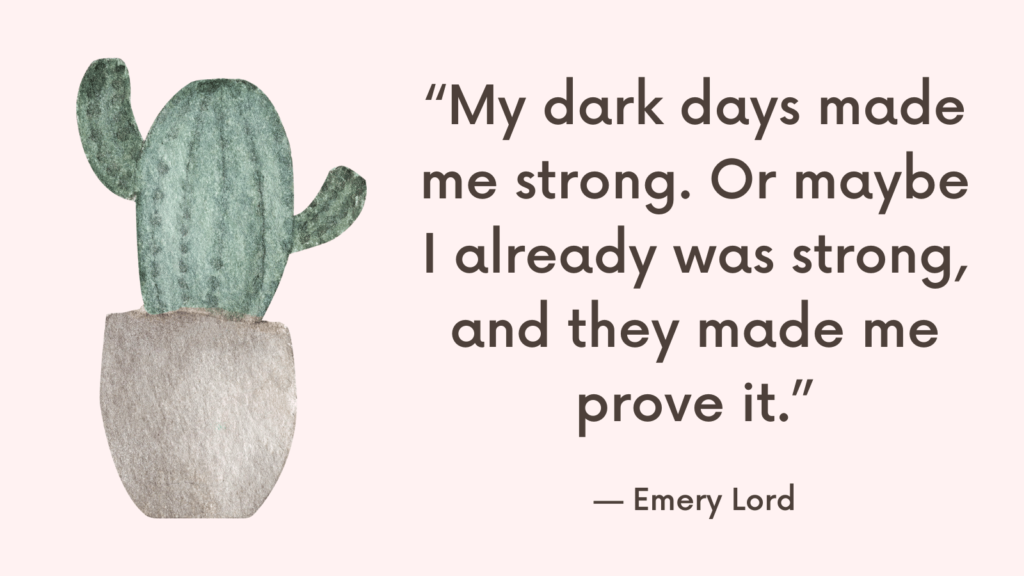A genuine apology doesn’t require a long story, self-defense, or a detailed explanation. In fact, over-explaining can shift focus away from the impact you made and onto your intentions—diluting the apology and sometimes making the other person feel unheard. Here’s how to apologize clearly and respectfully without going into over-explanation mode.
How to Apologize Without Over-Explaining?
1. Focus on the Impact, Not the Justification
Instead of explaining why you did something, acknowledge how it affected the other person. Say, “I see how that hurt you,” rather than “I only said that because I was tired.”
2. Keep It Simple and Direct
A sincere apology can be one or two sentences. Try: “I’m sorry for what I said earlier. I realize it was hurtful.” That’s enough.
3. Avoid the Word “But”
Apologies followed by “but” tend to erase the responsibility. For example: “I’m sorry I snapped, but I was stressed” puts the focus back on you. Just own the behavior.
Related: Mastering the Art of Apology: How to Apologize Effectively?
4. Pause Before You Speak
Take a moment to notice if you’re trying to make yourself feel better with extra context. If so, stop at the core apology and let it be enough.
5. Let the Silence Breathe
After you apologize, resist the urge to fill the silence. Let the other person process what you said. Trust that your sincerity can speak for itself.
6. Replace Explanations with Validation
Instead of explaining your reasons, validate their experience. Say, “You had every right to feel that way,” instead of “I didn’t mean it like that.”
Related: Forgiving Someone Who Isn’t Sorry: 9-Step Guide To Free Yourself From The Past
7. If You Need to Explain, Ask First
Sometimes context is helpful, but timing matters. Ask, “Would it be okay if I shared what was going on for me?” This keeps the focus on care, not defense.
8. Focus on Repair, Not Just Words
Follow your apology with a change in behavior or a concrete action. That speaks louder than any backstory ever could.
9. Practice Saying It in One Sentence
Try: “I’m sorry for how I acted—it was hurtful.” No story, no excuse. Say it out loud until it feels natural.
Related: Best 12 Forgiveness Books
10. Be Okay With Feeling Uncomfortable
Apologies can be vulnerable. You might feel exposed when you don’t explain yourself. But that discomfort is part of real accountability.

Conclusion
When you apologize without over-explaining, you honor the other person’s experience and build trust. It’s not about perfect words—it’s about taking ownership with clarity and care.



